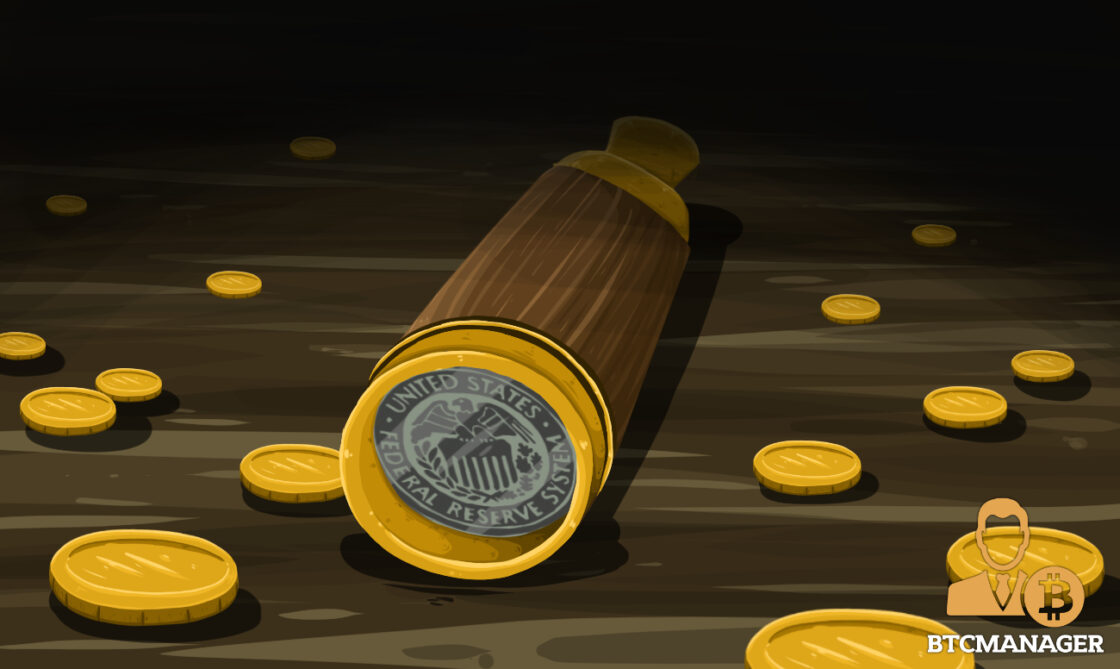PALO ALTO, Calif. (Reuters) - The Federal Reserve is taking a look at a broad series of problems around digital payments and currencies, consisting of policy, design and legal considerations around possibly issuing its own digital currency, Guv Lael Brainard stated on Wednesday. Brainard's remarks suggest more openness to the possibility of a Fed-issued digital coin than in the past." By transforming payments, digitalization has the prospective to provide greater value and convenience at lower cost," Brainard stated at a conference on payments at the Stanford Graduate School of Service.
Main banks globally are debating how to manage digital finance technology and the distributed ledger systems used by bitcoin, which assures near-instantaneous payment at potentially low cost. The Fed is establishing its own round-the-clock real-time payments and settlement service and is currently reviewing 200 remark letters sent late in 2015 about the suggested service's style and scope, Brainard said.
Less than two https://daltonbtga.bloggersdelight.dk/2021/12/30/moneyness-why-fedcoin-jp-koning-blogger/ years ago Brainard informed a conference in San Francisco that there is "no engaging demonstrated need" for such a coin. However that was prior to the scope of Facebook's digital currency aspirations were commonly known. Fed authorities, consisting of Brainard, have raised issues about consumer protections and information and personal privacy threats that might be presented by a currency that could enter into usage by the 3rd of the world's population that have Facebook accounts.
" We are working together with other central banks as we advance our understanding of reserve bank digital currencies," she said. With more nations checking out releasing their own digital currencies, Brainard stated, that contributes to "a set of reasons to also be making certain that we are that frontier of both research and policy development." In the United States, Brainard said, issues that require study include whether a digital currency would make the payments system much safer or easier, and whether it might pose monetary stability threats, consisting of the possibility of bank runs if cash can be turned "with a single swipe" into the reserve bank's digital currency.
To counter the monetary damage from America's unmatched nationwide lockdown, the Federal Reserve has taken extraordinary steps, consisting of flooding the economy with dollars and investing directly in the economy. The majority of these moves received grudging approval even from numerous Fed doubters, as they saw this stimulus as required and something only the Fed could do.
My new CEI report, "Government-Run Payment Systems Are Risky at Any Speed: The Case Against Fedcoin and FedNow," details the risks of the Fed's present strategies for its FedNow real-time payment system, and propositions for central bank-issued cryptocurrency that have been called Fedcoin or the "digital dollar." In my report, I discuss concerns about personal privacy, information security, currency manipulation, and crowding out private-sector competitors and development.
Advocates of FedNow and Fedcoin state the government must create a system for payments to deposit instantly, rather than motivate such systems in the private sector by lifting regulative barriers. But as kept in mind in the paper, the economic sector is providing a relatively unlimited supply of payment technologies and digital currencies to solve the problemto the level it is a problemof the time space between when a payment is sent out and when it is gotten in a savings account.

And the examples of private-sector development in this area are numerous. The Clearing House, a bank-held cooperative that has actually been routing interbank payments in numerous kinds for more than 150 years, has actually been clearing real-time payments given that 2017. By the end of Get more info 2018 it was covering half of the deposit base in the U.S.